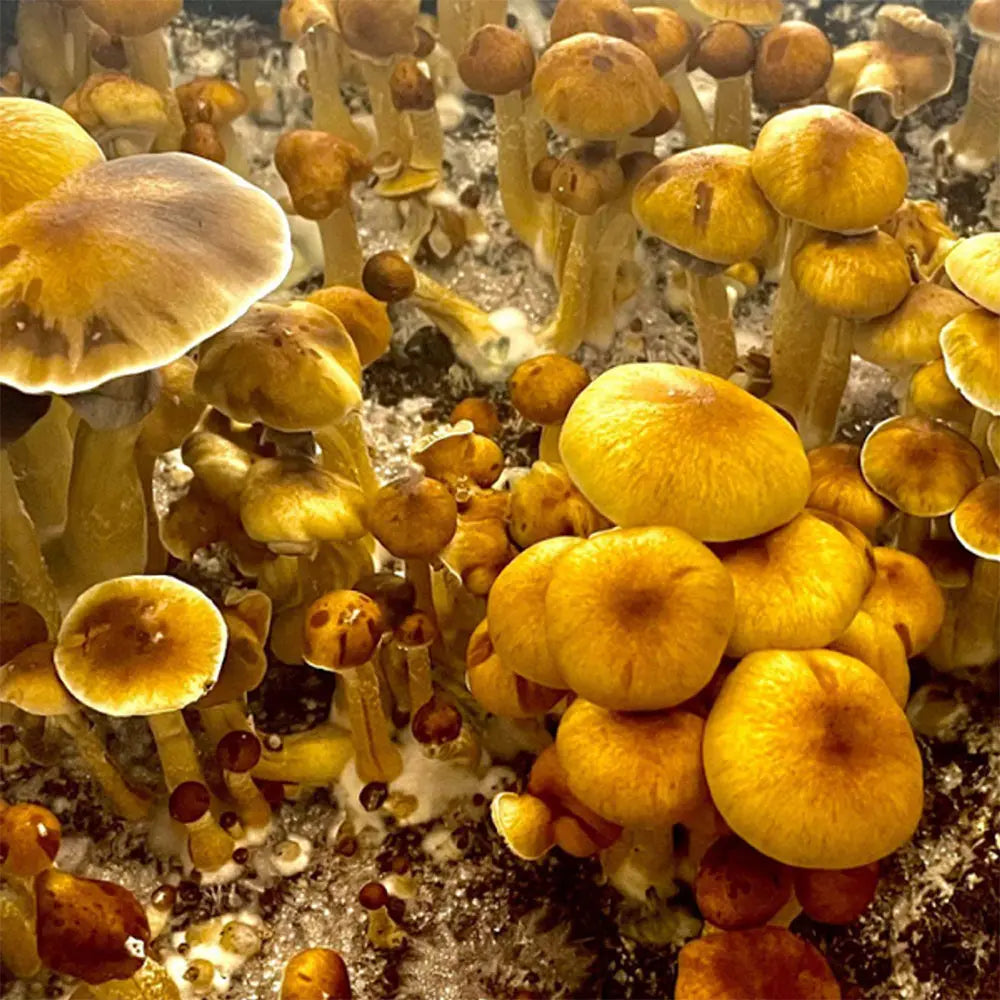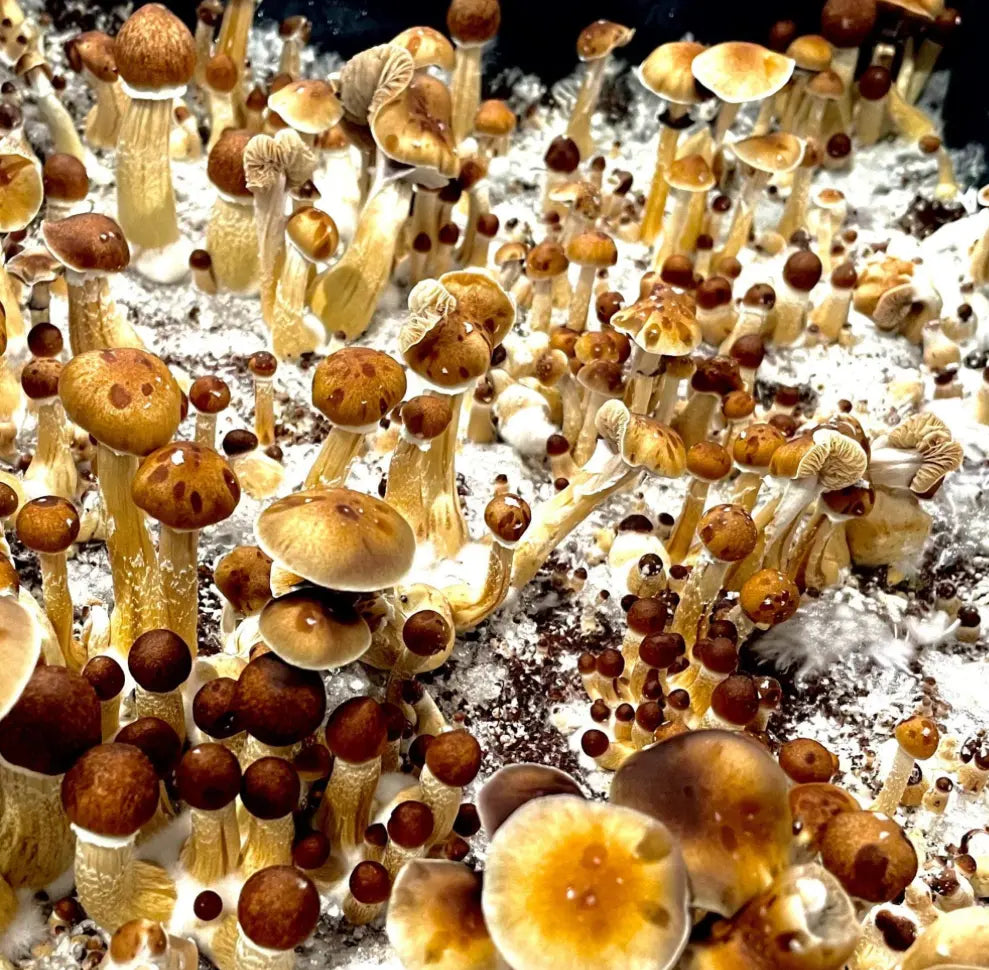High-Quality Lab-Grade Cultures. Satisfaction Guaranteed.









Frequently Asked Questions
Our laboratory quality practices encompass a set of systematic and standardized procedures that are implemented to ensure the accuracy, reliability, and precision of a high-quality product. We view these practices as essential for maintaining the overall quality and integrity of laboratory operations, as well as for providing 100 % pure, contamination free cultures. These practices include:
- Equipment Calibration: Laboratory instruments and equipment are regularly calibrated to establish and maintain optimum performance. As one example, our flow hoods are routinely tested to provide 0.2 micron filtered laminar air flow at all workstations. Calibration ensures that instruments are providing reliable and consistent outcomes.
- Quality Assurance (QA): we maintain a quality management system, conduct internal audits, and continuously monitor and evaluate laboratory performance.
- Quality Control (QC): We use control materials to monitor the accuracy and purity of culture products. Control materials are run alongside culture samples to assess performance of our methods. Any deviations from expected outcomes indicate issues with the process and prompt corrective action.
- Culture Testing: Quality assessment programs are in place, where each culture is tested on agar petri dishes on a regular interval. Virility of genetics performance is assessed by spot checking the strain in fruiting conditions.
- Documentation and Record-Keeping: A crucial component of quality control. This includes documenting instrument maintenance, calibration records, QC data, corrective actions taken, and relevant product information. Proper documentation ensures traceability, allows for retrospective analysis, and facilitates compliance with our standardized process.
- Personnel Training and Competency: Laboratory staff receive appropriate training to perform their tasks competently. Training programs cover standard operating procedures, safety protocols, good laboratory practices, and quality control procedures. Regular competency assessments are conducted to ensure that staff members consistently perform at the required proficiency level.
- Error Investigation and Corrective Action: When errors or deviations occur, they are promptly investigated to identify root causes. Corrective actions are implemented to prevent the recurrence of errors and improve laboratory processes. We feel that documentation of errors, investigations, and corrective actions is crucial for continuous improvement and compliance with contamination free product.
- Quality Control Data Analysis: QC data is regularly analyzed to identify trends, shifts, or any patterns that may indicate a deterioration in process or product performance.
By implementing these laboratory quality control practices, we can ensure accurate, contamination free products in order to enhance patient safety, and maintain our integrity.
We custom-made all of our cultures to ensure freshnesh. Lead time to ship is 10 days.
Our process:
- Our method for sending you fresh cultures is a process, differing from most other suppliers with the goal of eliminating contamination which avoids wasting your time and resources. Managing a library of mycology cultures in cold storage is our solution to be efficient given the large number of varieties we have—almost 800.
- All mycology cultures are maintained in cold storage, which helps preserve their viability and genetic integrity. This is crucial for long-term storage, especially with such a diverse collection.
- When a particular culture is ordered, the corresponding culture is retrieved from cold storage. This minimizes the risk of degradation while ensuring that the culture remains viable.
- The retrieved culture is then inoculated into both agar plates and liquid culture media. This step allows for the expansion of the culture and provides a suitable environment for growth.
- After a set incubation period, the cultures undergo a quality check to assess their health, purity, and growth characteristics. This ensures that the cultures are robust and meet your standards before they are sent out.
- Once the cultures pass the QC, they are prepared for packaging. This involves ensuring that the cultures are securely contained to prevent contamination and damage during transit. Finally, the fresh cultures are shipped to the customer. You will receive an email with tracking information once shipped.
